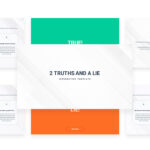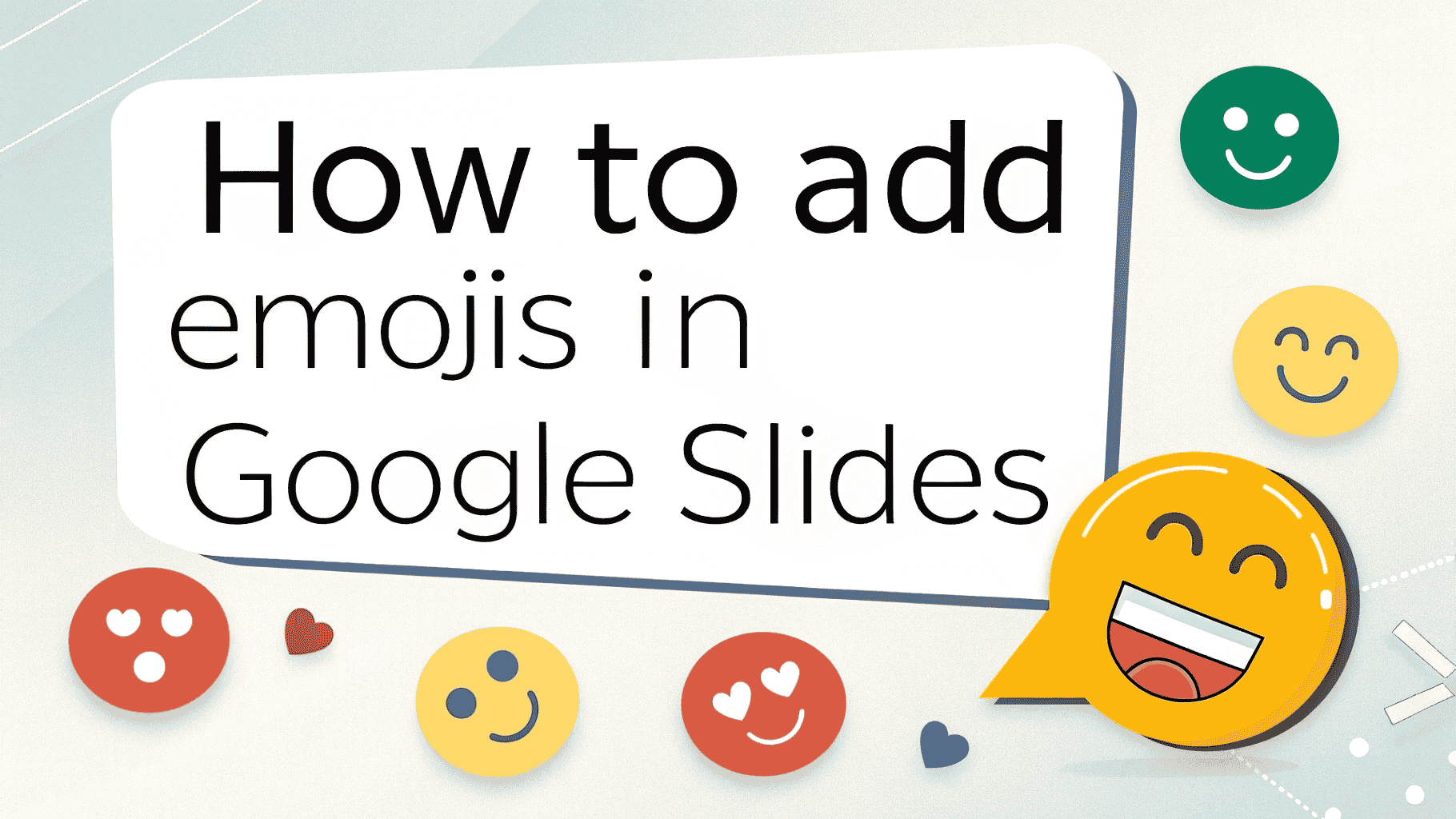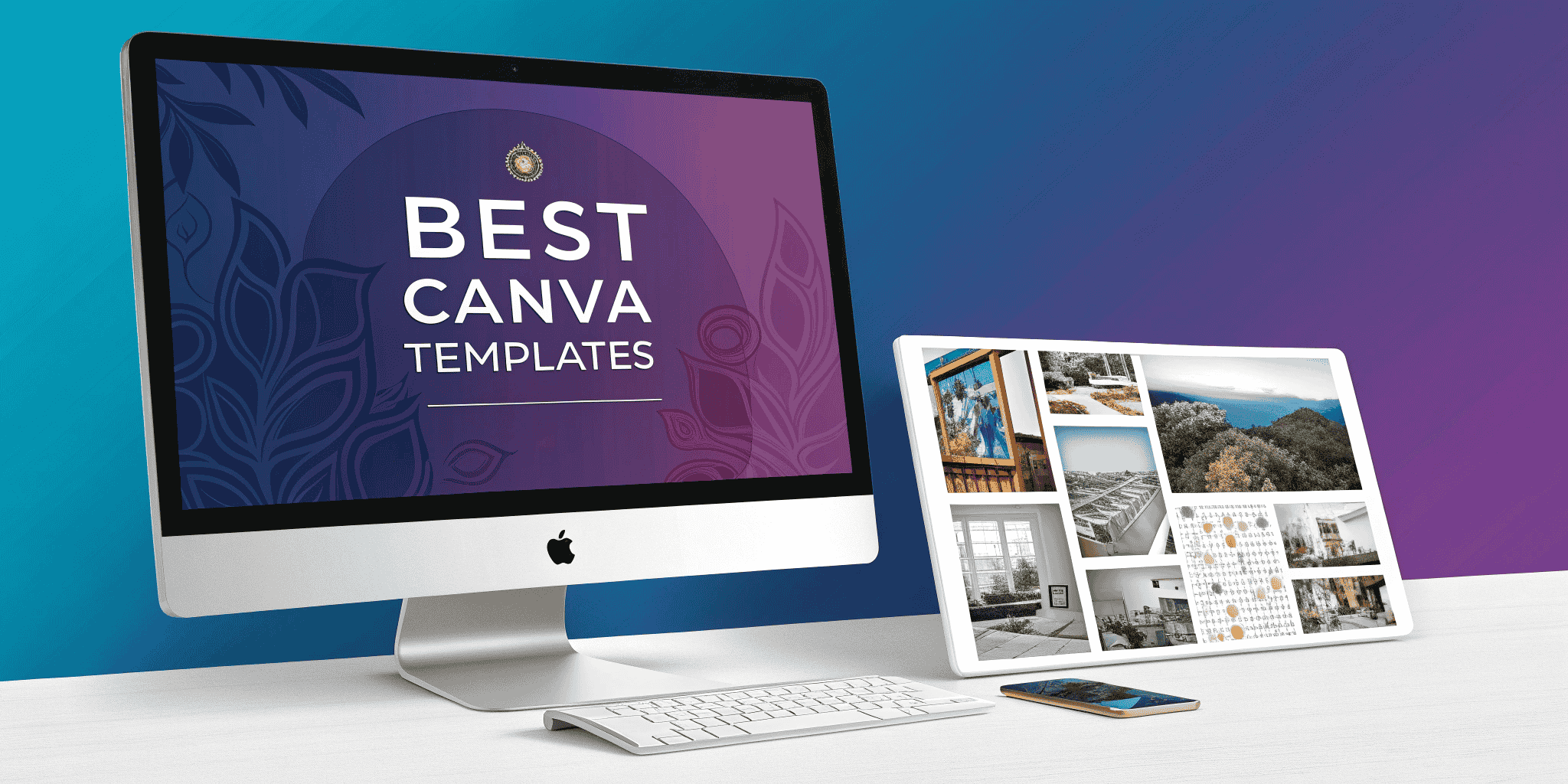Introduction to Behavioral Economics

If you are a shopaholic, you might be aware of how different factors influences your decision-making processes. Firstly, about the style whether you want formal or casuals. Secondly, the colour choice is the most overwhelming one. Thirdly finalizing the price range. It really can be an overwhelming task.
Sometimes we rationalize that cooking at home is a better idea. But when we go out and see some amazing promo at the deli, it changes our mind in the go. Our day to day life is whirlwind of activities – going to the gym, to the office, stores and filling our time reading magazines, having meals, etc. And what we do has to be repeated over again. We are so absorbed in our hectic daily schedule that we are unaware of the factors that influence us. Its where behavioral economics inapplicable as it explains the behaviors which we never think about. In a nutshell, behavioral economics is a branch of science that attempts to study how our whims affect our day to the day decision-making process. Let’s dig into the topic.
What is Behavioral Economics?

Behavioral economics is an economics branch that adds elements of psychology to traditional models of economics, which aids in better understand decision-making by investors, consumers, and other economic participants. Behavioral Economics blends the idea of psychology and economics. Lessons from behavioral economics can be taken to enhance decision-making capabilities. It provides a framework to acknowledge when and how people make errors, rectify it to create an environment that nudges people into making wiser decisions.
Behavioral Science has emerged as a branch of economics that needs to be concerned. Understanding behavior economics could let brands understand how psychological factors can influence consumers buying one product over the other. In 2017 US academic Richard Thaler won the Noble Prize in Economics for his pioneering work in behavioral economics. And Royal Swedish Academy won a prize of £845,000 and even praised Thaler for incorporating psychological assumptions into economics for decision-making.
Behavioral Economics was developed due to the backdrop traditional economic approach, also known as the rational choice model. In which a rational person accurately weighs the costs and benefits and makes the best choice for himself. He/she knows his preference and has complete control over his desires. He never flips over his choice and even has the self-control to restrain the impulse that can diverge him from achieving the goals.
Understanding consumer’s mentality and the irrationality of the human decision makings is the key to developing winning market proportions or a product feature. Here are some of the Behavioral Economics principles which not only just need to understand but also need to be internalized.
- Power of Free: Try to offer something free to your consumers like Buy 1 Get 1 Free offer, 20 % extra free. According to psychology, the term “Free” attracts consumers.
- Dominated Alternatives: Try to add a new option with an added advantage and with increase price. Your majority of consumers will choose the option available at less price.
- Decision Paralysis: Reduce the number of options available to your consumers. It helps then in making purchase decisions.
- Attribute Pricing: Knowing the needs and interests of the consumers and talking about such attributes makes the possibilities of customers buying such products.
Concepts in Behavioral Economies
- Bounded Rationality: Its in which decisions are made on very little information available ad using simple rules.

- Choice Architecture: In this theory, consumer decision is influenced by how goods are presented. Like complimentary items, when shown together, can increase your chances of sales.
- Cognitive Bias: In such a theory, while searching for a product, the data is sorted accordingly, which matches our point of view.
- Dual System Theory: In this theory, a decision is made based on two elements. In which one is impulsive while other is rational, cognitive, and analytical.
- Herding Behaviour: In this theory, individuals follow the collective perceptions and beliefs of the majority.
- Irrational Exuberance: it’s when people get carried, or decisions get influenced by rising prices.
- Mental Accounting: It’s how individuals separate their budget into different accounts.
- Status Quo Bias: A preference is given to a present situation rather than risk change.
- Sunk Cost Fallacy: Giving importance to sunk cost. The cost that cannot be got back.
- Nudges: These are the factor or impulses that encourage consumers to change behaviour through small suggestions.
Prime Areas of Behavioral Economics
- Understanding Decision Making: Behavioral economics is implemented in order to
 understand how decisions are made in the real world – as opposed to economic models.
understand how decisions are made in the real world – as opposed to economic models. - Changing Behaviour: Adapting knowledge from Behavioral economics to change behaviour through nudges.
- Behavioral Finance:
- Psychology of Bubbles: Rise in asset pricing
- Positive Feedback Loop: When two positive forces reinforce each other
Understanding Behavioral Economics enables the entrepreneurs or the managers to understand the consumer’s psychology, which enables them to design a product or strategies which bring fortune for their business. In contrast, Behavioral Economics shows how humans don’t act that way. It shows people often make choices that mix all their own preferences and choose the option that has long-term happiness. Behavioral Economics suggests that humans are hard-wired in making decision errors, and they need the assistance of nudge, which making decisions in their own interest. Understanding where humans are going wrong while making decisions can help them to do right. This approach enhances the rational choice model. If you are a business executive or pursuing business studies then you should definitely refer Customer Success Program Guide Blog.

 understand how decisions are made in the real world – as opposed to economic models.
understand how decisions are made in the real world – as opposed to economic models.








